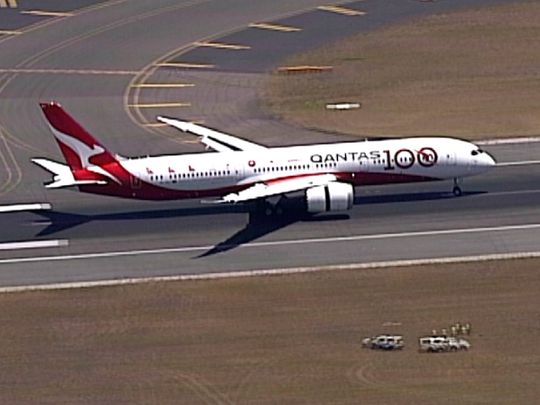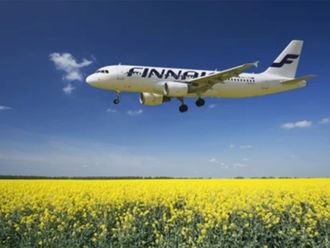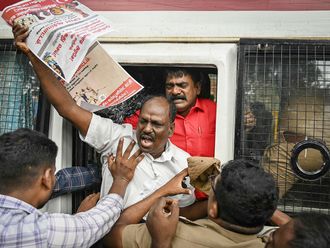
Sydney: Australia’s Qantas is cutting 6,000 staff and grounding 100 planes for at least a year in a $10 billion (D36.7 billion) cost-cutting blitz in response to the COVID crisis, the airline announced Thursday.
CEO Alan Joyce said the three-year plan to save Australia’s flag carrier from “the biggest crisis our industry has ever faced” would also see half the company’s 29,000 staff remain on leave for months.
“This year was supposed to be one of celebration for Qantas. It’s our centenary,” Joyce said in a statement. “Clearly, it is not turning out as planned.”
The coronavirus pandemic had already forced Qantas to cancel nearly all its international flights until at least October and slash domestic routes.
While domestic travel is beginning to pick up as most Australian regions have successfully contained the epidemic, the country’s international borders are expected to remain closed to most passenger traffic until next year.
And a recent surge in new COVID-19 cases in Melbourne, Australia’s second-biggest city, has served as a reminder that the pandemic remains a threat.
“We have to position ourselves for several years where revenues will be much lower. And that means becoming a smaller airline in the short-term,” Joyce said in unveiling the “post-COVID recovery plan”.
In addition to the $15 billion Australian dollars (Dh37.8 billion) in cost-cutting, the plan includes raising up to 1.9 billion Australian dollars in equity.
The 6,000 job losses will hit both Qantas and its budget subsidiary Jetstar, while the company hopes half of the 15,000 staff placed on leave since March will be back at work by the end of the year, Joyce said.
Qantas grounded around 150 aircraft in March, including most of its wide-bodied planes, and 100 of those will remain out of service for at least a year, it said Thursday.
In addition to a gradual recovery of domestic flights, which Joyce said should be up to 40 per cent of pre-COVID levels in July, there are hopes for a limited resumption of international flights between Australia and neighbouring New Zealand, which has also successfully contained the disease.
Australia’s second full-service airline, Virgin Australia, went into voluntary administration in late April.
Two US-based investment companies have put in rival bids to rescue Virgin Australia.











